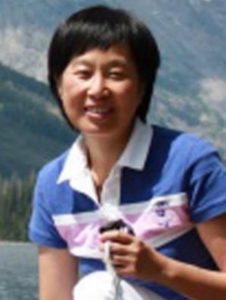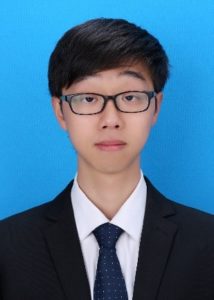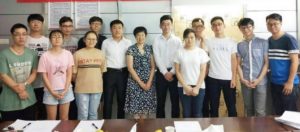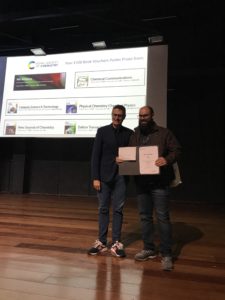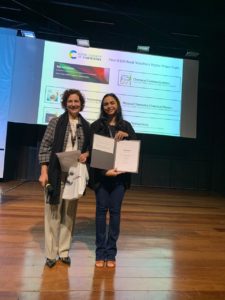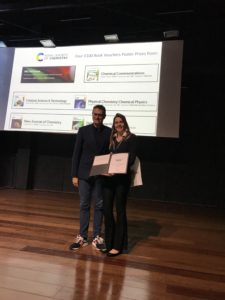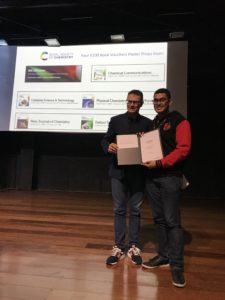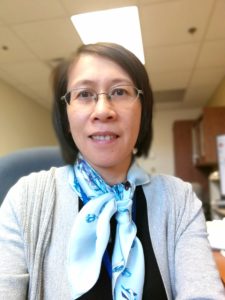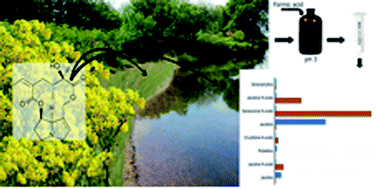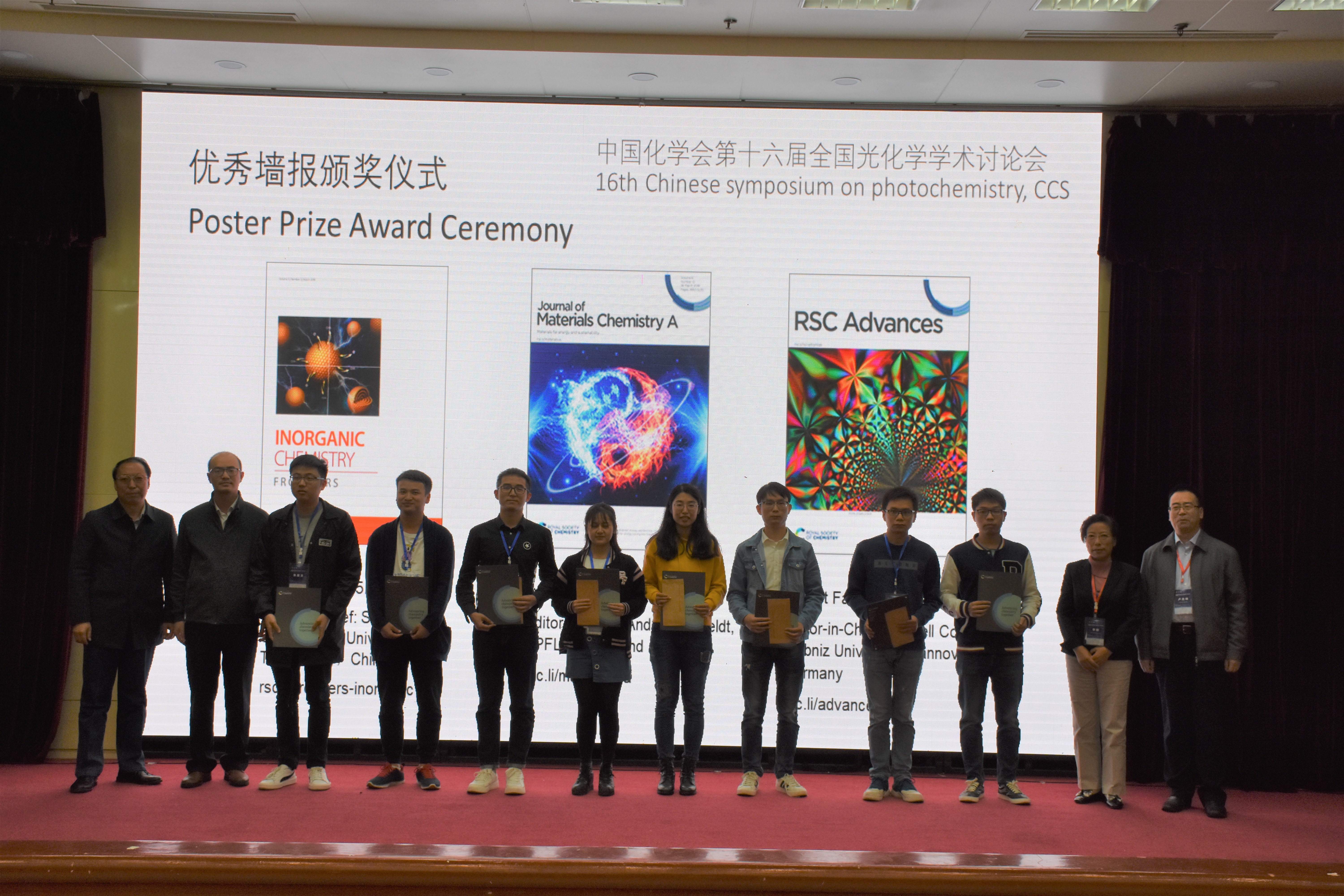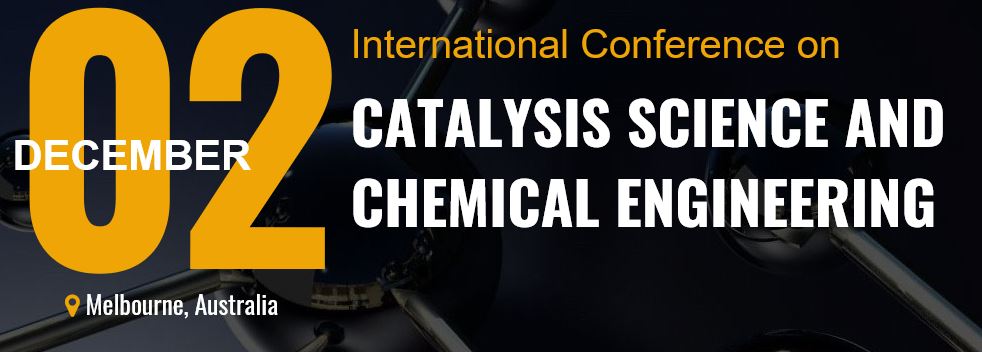Looking back at 2019, we would like to highlight some of the great research that has been published in RSC Advances over the year. We are proud to present a selection of the most popular 2019 articles published on surface-enhanced Raman scattering so far.
We hope you enjoy reading these articles – free to read and accessible to everyone.
Happy New Year from the RSC Advances team!
Explosives sensing using Ag-Cu alloy nanoparticles synthesized by femtosecond laser ablation and irradiation
Moram Sree Satya Bharati, Byram Chandu and S. Venugopal Rao
RSC Adv., 2019,9, 1517-1525. DOI: 10.1039/c8ra08462a
Synthesis and evaluation of the SERS effect of Fe3O4-Ag Janus composite materials for separable, highly sensitive substrates
Yanlin Li, Sen Yang, Xuegang Lu, Wenyuan Duan and Toshihiro Moriga
RSC Adv., 2019,9, 2877-2884. DOI: 10.1039/c8ra09569h
In situ synthesis of low-cost and large-scale flexible metal nanoparticle-polymer composite films as highly sensitive SERS substrates for surface trace analysis
Chenghua Zong, Mengyi Ge, Hong Pan, Jing Wang, Xinming Nie, Qingquan Zhang, Wenfeng Zhao, Xiaojun Liu and Yang Yu
RSC Adv., 2019,9, 2857-2864. DOI: 10.1039/c8ra08818g
A SERS aptasensor for sensitive and selective detection of bis(2-ethylhexyl)phthalate
Dandan Tu, Javier T. Garza and Gerard L. Coté
RSC Adv., 2019,9, 2618-2625. DOI: 10.1039/c8ra09230c
Machine learning algorithms enhance the specificity of cancer biomarker detection using SERS-based immunoassays in microfluidic chips
Nariman Banaei, Javad Moshfegh, Arman Mohseni-Kabir, Jean Marie Houghton, Yubing Sun and Byung Kim
RSC Adv., 2019,9, 1859-1868. DOI: 10.1039/c8ra08930b
One-pot synthesis of hollow hydrangea Au nanoparticles as a dual catalyst with SERS activity for in situ monitoring of a reduction reaction
Yazhou Qin, Yuxiang Lu, Wufan Pan, Dongdong Yu and Jianguang Zhou
RSC Adv., 2019,9, 10314-10319. DOI: 10.1039/c9ra00733d
Application of surface-enhanced resonance Raman scattering (SERS) to the study of organic functional materials: electronic structure and charge transfer properties of 9,10-bis((E)-2-(pyridin-4-yl)vinyl)anthracene
Juan Soto, Elizabeth Imbarack, Isabel López-Tocón, Santiago Sánchez-Cortés, Juan C. Otero and Patricio Leyton
RSC Adv., 2019,9, 14511-14519. DOI: 10.1039/c9ra01269a
Plasmonic nanomaterial structuring for SERS enhancement
Agnes Purwidyantri, Chih-Hsien Hsu, Chia-Ming Yang, Briliant Adhi Prabowo, Ya-Chung Tian and Chao-Sung Lai
RSC Adv., 2019,9, 4982-4992. DOI: 10.1039/c8ra10656h
Photovoltaic cells as a highly efficient system for biomedical and electrochemical surface-enhanced Raman spectroscopy analysis
K. Niciński, E. Witkowska, D. Korsak, K. Noworyta, J. Trzcińska-Danielewicz, A. Girstun and A. Kamińska
RSC Adv., 2019,9, 576-591. DOI: 10.1039/c8ra08319c
Sandwiching analytes with structurally diverse plasmonic nanoparticles on paper substrates for surface enhanced Raman spectroscopy
Jemima A. Lartey, John P. Harms, Richard Frimpong, Christopher C. Mulligan, Jeremy D. Driskell and Jun-Hyun Kim
RSC Adv., 2019,9, 32535-32543. DOI: 10.1039/c9ra05399a
Assembly of gold nanoparticles using turnip yellow mosaic virus as an in-solution SERS sensor
Ha Anh Nguyen, Isabelle Jupin, Philippe Decorse, Stephanie Lau-Truong, Souad Ammar and Nguyet-Thanh Ha-Duong
RSC Adv., 2019,9, 32296-32307. DOI: 10.1039/c9ra08015e
A simple one-step procedure to synthesise gold nanostars in concentrated aqueous surfactant solutions
Ferenc Liebig, Ricky Henning, Radwan M. Sarhan, Claudia Prietzel, Clemens N. Z. Schmitt, Matias Bargheer and Joachim Koetz
RSC Adv., 2019,9, 23633-23641. DOI: 10.1039/c9ra02384d

Submit to RSC Advances today! Check out our author guidelines for information on our article types or find out more about the advantages of publishing in a Royal Society of Chemistry journal.
Keep up to date with our latest HOT articles, Reviews, Collections & more by following us on Twitter. You can also keep informed by signing up to our E-Alerts.











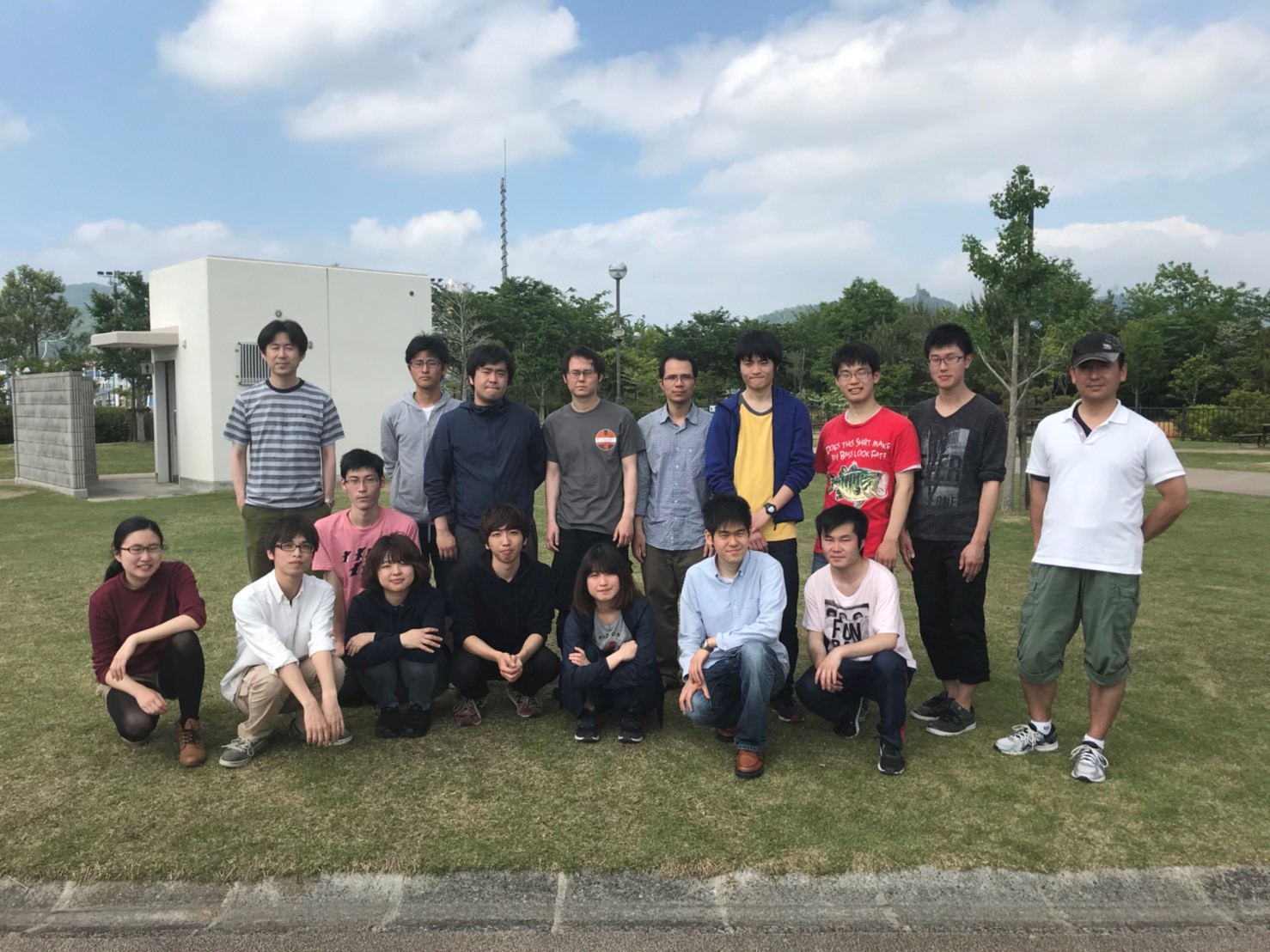
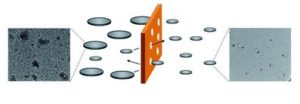
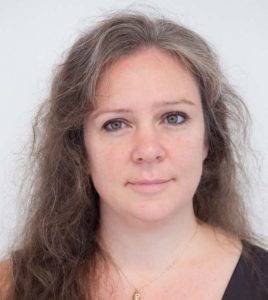 Meet the Editor
Meet the Editor